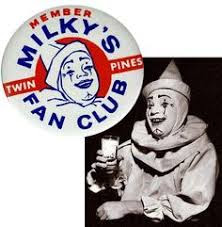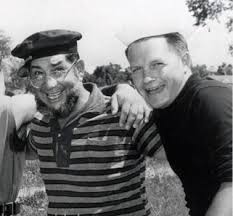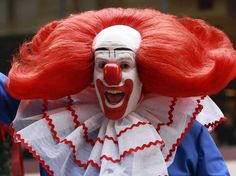On March 17th, 2020, I participated in a webcast on Authors Helping Authors discussing the topic "Why I Decided to Self-Publish Rather than Traditionally Publish," with host Martinique Y. Brown, debut author Amber Gardiner, and myself. The webcast runs for about an hour and ten minutes and starts six minutes into the recording, so move the time bar cursor to begin. I think you will find our conversation informative if you are on the fence deciding which approach works best for you.
Most writers would love to get a contract with one of the Big Five publishers (Penguin, Simon & Schuster, MacMillan, Harper Collins, and Hachette Livre) and live off the passive income of their brain child. Many of those authors who secure a professional writing contract never work off their advances, so their books never produce royalty income. Their books get backlisted after several months if they don't sell well. Then your hard effort gets buried in the book graveyard until your contract runs out. That could be as long as seven years.
"Choose wisely, my friends. All that glitters is not gold."
"Why I Decided to Self-Publish Rather Than Traditionally Publish"






